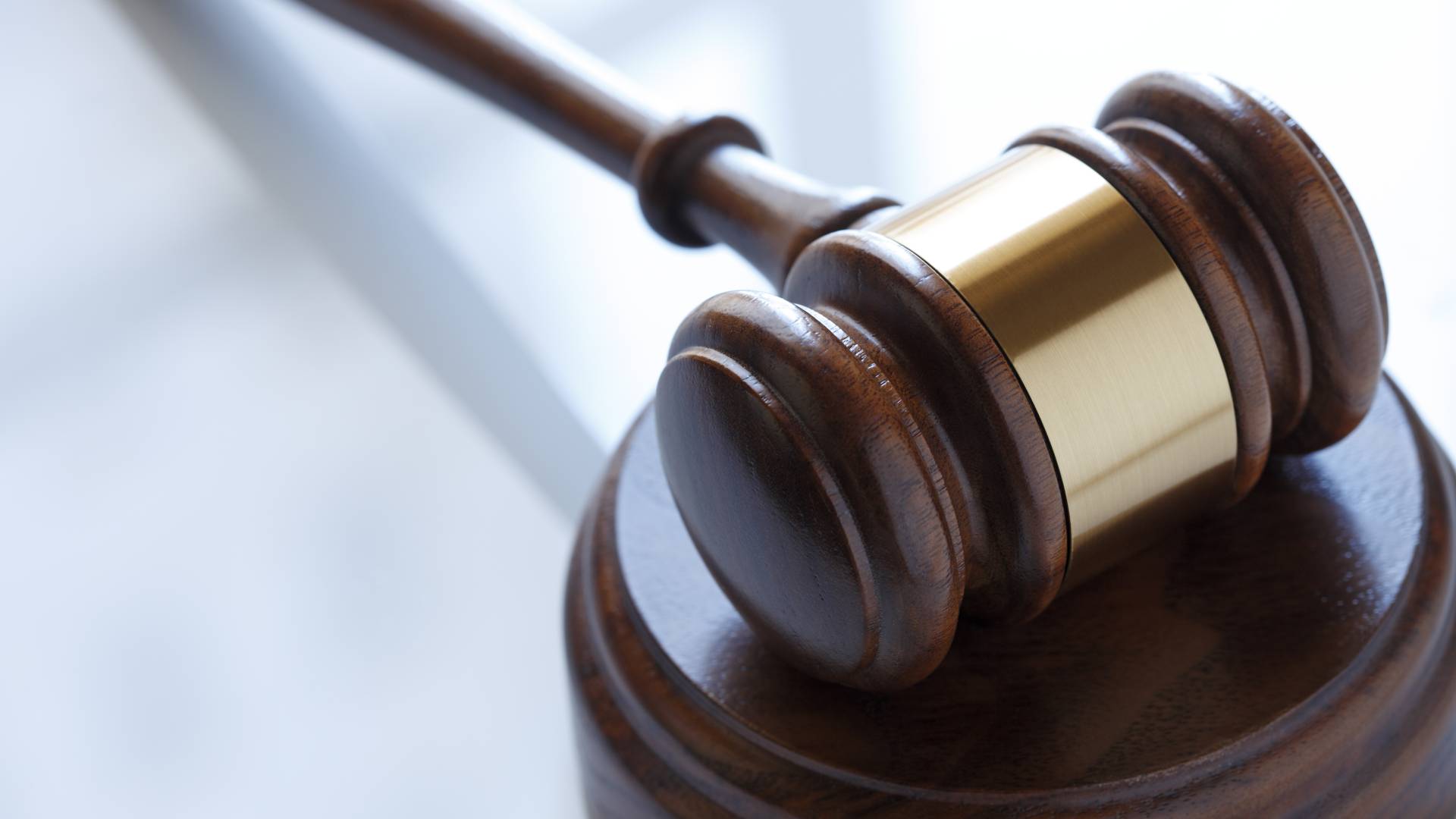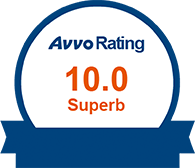
Miami Grand Jury Subpoenas Attorney
Did you, or someone you know, just receive a federal grand jury subpoena? Are you confused about why the subpoena was sent to you or what to do next? If so, you are not alone. These are common feelings for individuals who are not familiar with the grand jury process.
You should carefully decide your next actions as federal grand juries are highly connected to federal criminal investigations and formal charges. If you have questions about your options in these cases, you should consult with an experienced federal criminal defense attorney for more information.
Federal criminal charges can carry severe consequences including incarceration, fines, probation, and removal from the United States if you are not a U.S. citizen.
Hubbs Law has seasoned criminal defense attorneys with the experience necessary to attempt achieve the best possible outcome on your case.
What Is a Grand Jury?
Before you can understand what a grand jury subpoena is, you should generally understand how a federal grand jury works. A federal grand jury is required to formally charge an individual with a federal crime if it is a felony. The purpose of the grand jury is to provide checks and balances on the prosecution to ensure there is sufficient evidence to bring charges against a defendant.
A federal grand jury is comprised of 16 to 23 members of the community that are summoned by the court. After a grand jury is selected, the grand jury listens to witness testimony and reviews evidence presented by the prosecutor. This evidence is reviewed by the grand jury in a closed courtroom and is not observable by the public. In addition, the potential defendant and the criminal defense attorney are not entitled to observe the proceedings, object to evidence or testimony, or present evidence.
After the grand jury considers all of the testimony and evidence in the prosecutor’s case, a minimum of 12 jurors must concur that there is probable cause to charge the defendant with a crime. If a minimum of 12 jurors find probable cause, the grand jury will issue an indictment, or “true bill”, against the defendant which is the document that formally charges him with a crime. If no probable cause is found, the grand jury will issue a “no-bill”.
What Is a Grand Jury Subpoena?
During grand jury proceedings, the grand jury has the legal authority to issue subpoenas to either individuals or corporations. A subpoena is a legal document that requires an individual to either testify in court or produce documents at a specific date and time.
There are generally two types of grand jury subpoenas: 1) a subpoena ad testificandum and 2) a subpoena duces tecum. A subpoena ad testificandum requires a person or entity (through its designated representative) to testify before a grand jury. In contrast, a subpoena duces tecum generally requires a person or entity to produce documents that are relevant to the case.
A grand jury subpoena can be sent to either a “target”, “subject”, or “witness” in the case. “Target” is defined as a person whom the prosecutor or the grand jury believes has substantial evidence linking him or her to the commission of a crime. A “subject” of an investigation is a person whose conduct is within the scope of the grand jury’s investigation. It’s fair to say that a prosecutor or grand jury generally believes that a “subject” of the investigation has criminal liability in the case although there may not be sufficient evidence to label them a “target”. Finally, a “witness” is generally someone that the prosecutor or grand jury believes has done nothing wrong in the case but might have evidence to prove or disprove guilt against a potential defendant.
Generally, if an individual is labeled as a “target” or a “subject” of an investigation, the individual must be advised of the following:
- The grand jury is conducting an investigation of possible violations of Federal criminal law.
- You may refuse to answer any question if a truthful answer to the question would tend to incriminate you.
- Anything that you do say may be used against you by the grand jury or in a subsequent legal proceeding.
- If you have retained counsel, the grand jury will permit you a reasonable opportunity to step outside the grand jury room to consult with counsel if you so desire.
What Are the Consequences of Refusing to Comply With a Grand Jury Subpoena?
A grand jury legally obligates an individual to respond to the subpoena. If an individual refuses to respond to the subpoena, either by failing to show up to court to testify or failing to produce sufficient documentation, then they could be held in contempt of court.
As professional Miami criminal defense attorneys, we take every case personally give every client the deliberate care it deserves. Our clients become part of our family and we fight relentlessly for their rights. Read more about us to find out how we can help you.



Client Testimonials
-
"Erika Hubbs assisted our company in getting one of our future Venezuelan employees an 0-1 Visa. And she was successful !! Her knowledge of the industry and her determination was great asset in this lengthy and drawn-out process."Alisa H.
-
Me and my wife were instantly pleased with her knowledge and professionalism
Carlos Urbina -
She made the process seamless, she was there for any questions we had, answered our phone calls or emails, and stayed on top of our case.
Alfred Pereira










